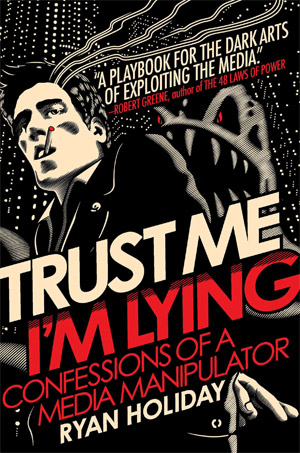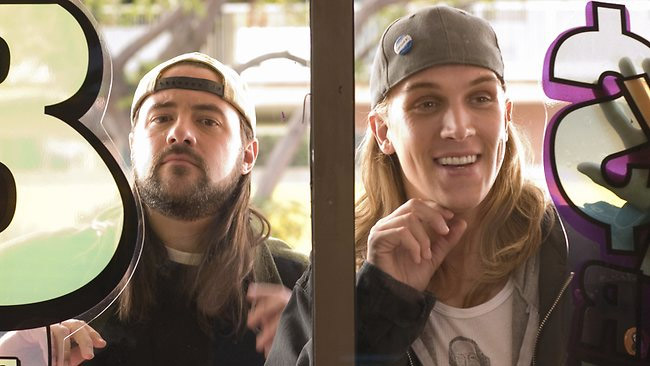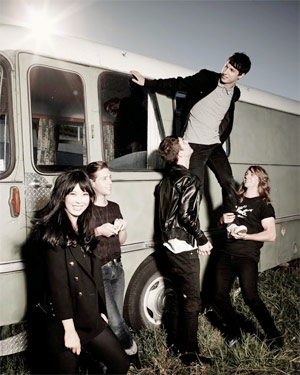Rolling Stone Q+A: Paul Kelly, December 2012
A Q+A with Paul Kelly in the December 2012 issue of Rolling Stone. Click the below image for a closer look, or read the article text underneath.
Q&A – Paul Kelly
The singer-songwriter on his new album, having his life documented, and nephew Dan’s cooking skills
Few of us will ever know the feeling of watching a feature-length documentary about our own lives while sitting in a cinema filled with friends and family. Paul Kelly is one of the lucky few, though he probably wouldn’t use that adjective when describing the premiere of Stories Of Me at the Melbourne International Film Festival in August. Its limited release in October coincides with the release of the acclaimed singer-songwriter’s eighteenth album, Spring And Fall, which sees Kelly pare back rock-band tropes in favour of largely acoustic, softly-sung songs.
Before we discuss that, though: what was it like to watch your life dissected on film? “It’s something I want to do only once in my life,” Kelly replies. “I had some of my brothers and sisters there. That was the best part of it for me; the celebration of my family. The rest of it was a pretty awkward thing to watch. But I got through it.”
First the memoir two years ago, now this film. What in your life hasn’t been documented, Paul?
I think too much has been documented, so it’s probably time to jump back into the shadows again for a little while! [laughs] I gave Shark Island [Productions] pretty good access, but from that point it was their film, not mine. It’s funny; I don’t feel connected to the doco like I would to my own work. I liked that they picked up a lot on my family; generations back, as well as my wider clan. That’s showing that people don’t work in isolation – they’re a product of a whole lot of things.
Speaking of family, you and your nephew Dan have spent thousands of hours together, both onstage and off. Which trait sticks out more in your mind: the fact that he’s a great musician, or that he’s family?
Family’s first, but he’s a joy to play with. He can be a bit of a worrier. He’s a great cook, so he’s great to travel with. He cooks like he plays [guitar]; never really follows a recipe, but he’s a great improviser. His playing has big, deep roots, because he listens widely to a lot of music. He’s got one of those ‘fermenting’ brains: there’s always a lot going on in Dan’s head, and it’s just a matter of catching it as it falls out.
Spring And Fall is a love story – what can you tell us about the starring characters?
It’s a love story from a couple of different points of view. Some of the songs are narrated, like ‘When A Woman Loves A Man’; ‘Time And Tide’ feels a bit more like a third-person story. Others are more directly speaking from the characters involved. But to me, the emotional arc of the record starts with love’s beginning – the ‘spring’ – and there’s a turning point in the middle around ‘Someone New’, followed by the aftermath.
With your characters, do you go as far as envisaging their physical appearances and personality traits?
Not on this record. I didn’t have it that defined; I don’t have names for them. But a bit of a model was a Willie Nelson album from 1974 called Phases and Stages. It’s the story of a divorce: side one is the man’s point of view, side two is the woman’s. I wasn’t getting quite as specific as Willie, but I kinda liked that idea.
I’m not sure what you’ll make of this, but every time I listen to your song ‘When A Woman Loves A Man’, I think of how perfect it’d be as the soundtrack for a sex education video.
Really? [laughs] Well, you know, if you know people in the know, then send it off!
“Time and tide wait for no-one,” as you sing. You seem to have taken aging in your stride better than many musicians, perhaps even working harder as you grow older.
Songwriting’s really a form of play. I still find it fascinating. It doesn’t feel like a grind. There are certain aspects of my job that’s grinding; sometimes the touring, and proofing, and approving YouTube videos. [laughs] If you want to be any good, you have to get involved with everything. There’s more work on the creative side now. And also, the record companies do less now than they used to: I do it, or me and the team do it. But the actual thing that starts it all is ‘play’: writing a song. Nothing would happen without playing in the sandpit. And that’s all it is.
That’s a view that hasn’t changed over the years?
Yeah. Songwriting’s not real work. Don’t let anybody tell you it’s a “craft”. It’s play.
 It’s a frank admission from the marketing director of Los Angeles-based clothing company American Apparel, and one that sets the tone for an explosive insight into new media manipulation.
It’s a frank admission from the marketing director of Los Angeles-based clothing company American Apparel, and one that sets the tone for an explosive insight into new media manipulation.
